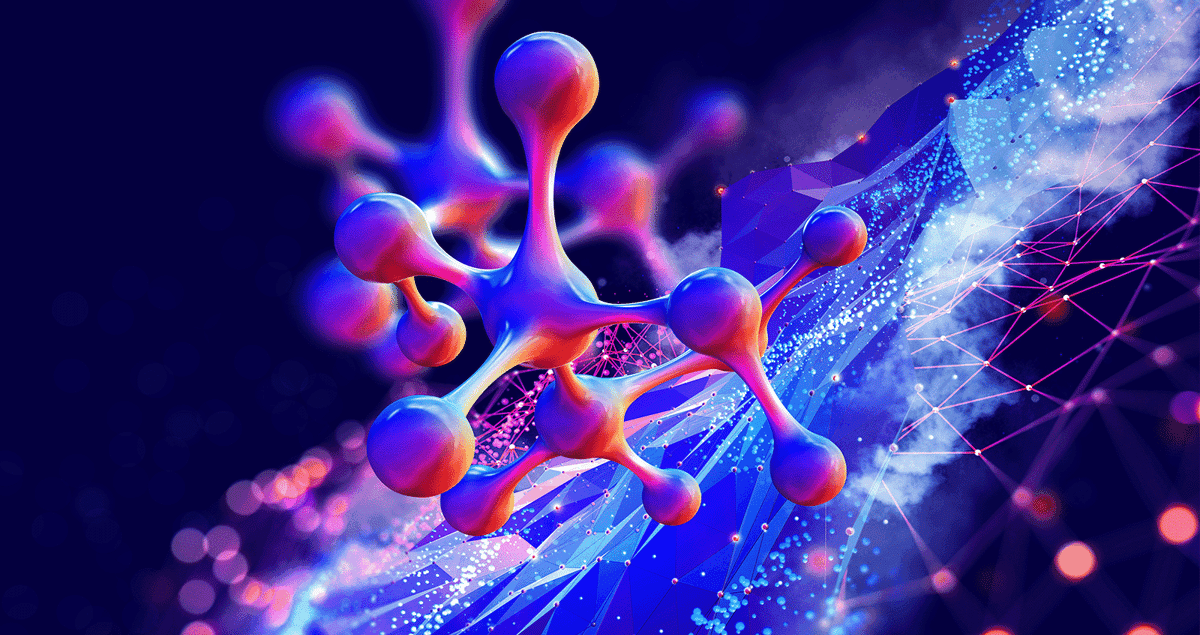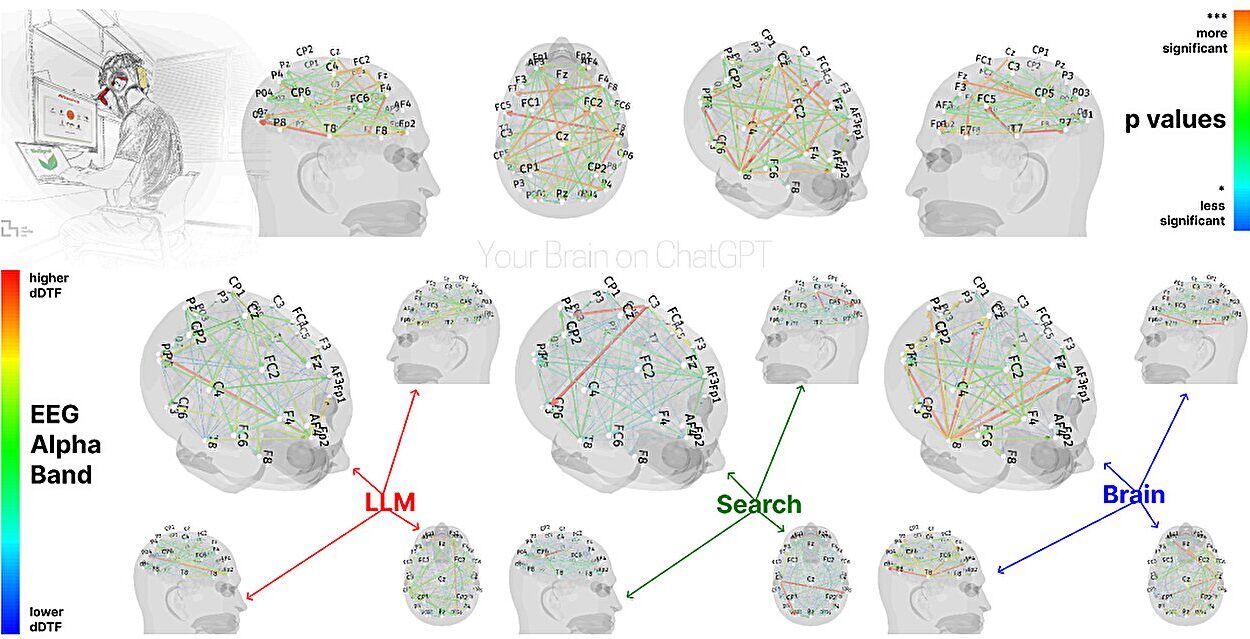There was a time, not long ago, when silence was easy to find. When waiting in a line meant observing the world. When boredom gave birth to wonder. When conversations happened with eyes, not screens. But those moments are vanishing, pixel by pixel.
You may not feel it yet. Or maybe you do, but you can’t name it. The restlessness. The phantom vibrations. The flickering attention. The itch to scroll when silence enters a room. The ache of being surrounded by information and yet feeling strangely hollow. The truth is, your mind is being rewired—gently, silently, invisibly.
This is not some doomsday prophecy about the internet. It’s not an argument against innovation or a sermon on the evils of screens. It is something more tender and more terrifying: an exploration of how the tools we’ve created are quietly shaping the tool that created them—our minds.
And the transformation is already underway.
The Era of the Fragmented Self
The average person touches their phone over 2,000 times a day. Each touch is a whisper to the brain: “Pay attention here.” Each swipe is a neurological nudge. Each notification, a training bell. Slowly, subtly, our brains adapt.
This isn’t just about distraction. It’s about disassembly. Your thoughts, once fluid and complete, now arrive in fragments. A tweet here. A headline there. A meme. A message. A mood shift. Your consciousness is no longer a river—it is a mosaic of moments, each one demanding your focus, only to vanish in seconds.
You used to have stretches of undisturbed thought. Now, even a single minute of mental stillness feels uncomfortable. Like silence that’s too loud. You feel it when you reach for your phone in a pause. When you scroll while eating, watching TV, or even talking to a friend. Technology didn’t take your attention. It trained you to offer it freely.
And this fragmented self cannot concentrate, cannot remember deeply, cannot feel the full gravity of an idea before the next one interrupts.
Memory in the Age of External Brains
Do you remember your best friend’s phone number? The directions to your grandmother’s house? The capital of your own country?
Chances are, you used to. But not anymore.
Because you don’t need to. Technology remembers for you. The cloud stores your memories. Google completes your questions. Maps tell you where to go. Calendar reminds you of your life. Photos document your joy. You don’t hold onto knowledge anymore—you access it.
And so, your memory begins to change.
Neuroscientists call this “cognitive offloading”—outsourcing the work of remembering to devices. In moderation, it’s a gift. In excess, it dulls the blade of recall. Why memorize when you can bookmark? Why contemplate when you can search?
But memory is more than storage. It is identity. It is meaning. It is the way we string together experience into story. When memory fades, so too does narrative. And in its place grows something new: the curated feed. A version of self, polished and posted.
You forget who you were because your phone keeps showing you who you’re supposed to be.
The Rise of Hyper-Reinforcement Loops
In the wild, dopamine taught us to survive. It nudged us toward food, love, discovery. It rewarded curiosity, risk, triumph.
Now, it rewards likes. Streaks. Follows. Notifications. The buzz, the ding, the red dot—all finely tuned to your brain’s reward system. The same system that once helped you forage for berries now craves validation in 1080p.
And the platforms know this.
They are not evil. They are engineered. Created by minds trained to capture yours. Every scroll is an experiment. Every click, data. Every pause, a signal. Algorithms observe, predict, and refine, until your feed is no longer just what you want—it’s what you crave before you know it.
This is the hyper-reinforcement loop. It is why you open an app for one reason and stay for an hour. Why one video becomes ten. Why you feel empty after binging and yet come back the next day.
The loop is not evil. But it is powerful. And your mind, once trained by life’s natural rhythms, is now being trained by machines designed to keep you engaged.
Emotion at the Speed of the Feed
Once, emotions unfolded slowly. You had time to process grief. To let anger rise and fade. To sit with awe. To absorb beauty.
But now, your emotions are constantly hijacked.
You open your phone and in seconds you’re pulled through a hurricane of stimuli. A war in one post. A cat video in the next. Laughter, then tragedy. Outrage, then delight. Your nervous system, once tuned to your environment, now surfs a digital tsunami.
You are asked to care deeply—and briefly. To weep for a stranger, then shop for shoes. To rage against injustice, then “like” a dance trend. To witness a hundred worlds before breakfast.
This emotional whiplash desensitizes. You care about everything—and nothing. You feel too much—and not enough. You become numb, or overwhelmed, or both.
And slowly, your mind begins to crave the next spike. Not depth. Just impact.
The Loneliness of Constant Connection
We are more connected than ever. And yet, loneliness is epidemic.
How can that be?
Because digital connection often mimics intimacy without offering its nourishment. A like is not love. A comment is not a conversation. A shared post is not presence. You can have a thousand followers and still feel unseen.
Your brain, evolved for eye contact, tone, timing, touch, cannot be fully fed by pixels. The mind hungers for the nuances of presence. The pauses between words. The warmth behind silence.
Technology gives us access to each other. But not always attachment.
And in that subtle difference lies a silent grief. One that hums beneath your feed. One that whispers at night when the screen finally goes dark.
The Disappearance of Boredom—and the Imagination That Went With It
Boredom used to be a doorway. A space where creativity entered. A silent room where your mind wandered, invented, dreamed.
Now, boredom is almost extinct. The second it arrives, we kill it—with noise, with stimulation, with escape.
But what we’ve lost is not just boredom. It’s the void—that fertile nothing where new thoughts are born. When every pause is filled, there’s no space left for surprise. For reflection. For self.
Your imagination is not gone. It is just buried—beneath a pile of notifications, beneath the scroll, beneath the endless consumption.
The mind cannot imagine while it is occupied.
It needs emptiness. It needs silence. It needs to be a little bored.
Reality Distorted Through Filters and Feeds
There was a time when truth felt solid. When reality was shared. When a photo was a memory, not a performance.
Now, reality bends.
Filters smooth your face. Captions craft your emotions. Edits trim the truth. You’re not just documenting life—you’re curating it. Presenting it. Branding it.
And as you scroll through the curated lives of others, your own begins to feel inadequate.
This is not vanity. It is survival. Your brain compares to calibrate safety. But the comparison is rigged. You compare your behind-the-scenes to everyone else’s highlight reel. And the more you do, the more distorted your sense of self becomes.
You don’t just want what others have. You want to be who they appear to be. And in chasing that illusion, you forget the beauty of your own life, unfiltered and real.
When Machines Know You Better Than You Do
Perhaps the most eerie transformation of all is this: the algorithms now know you.
Better than your partner. Better than your friends. Sometimes, better than you know yourself.
They know your desires before you name them. Your patterns before you notice. Your vulnerabilities before you defend.
This is not paranoia. It is precision.
The machine watches you. Learns you. Adjusts to you. And then begins to lead you.
You think you’re choosing your feed. But often, it’s choosing you.
And as you consume content, the content also consumes you—shaping your beliefs, emotions, fears, and choices.
This is not control. But it is influence. And over time, it becomes identity.
Who are you when your mind is shaped by machines?
Hope in the Age of the Algorithm
And yet—this is not the end.
Because your mind, though malleable, is also magnificent.
It can adapt, but it can also awaken. It can be shaped, but it can also resist.
Technology is not your enemy. It is a tool. A mirror. A force.
You don’t need to abandon it. But you do need to approach it consciously.
Reclaim stillness. Reclaim boredom. Reclaim your imagination. Reclaim presence. Reclaim the long thoughts, the deep talks, the real moments.
Your mind is not a product. It is a garden. What you plant, and water, will grow.
So plant silence. Plant attention. Plant wonder. Plant truth.
Let your mind belong to you again.






